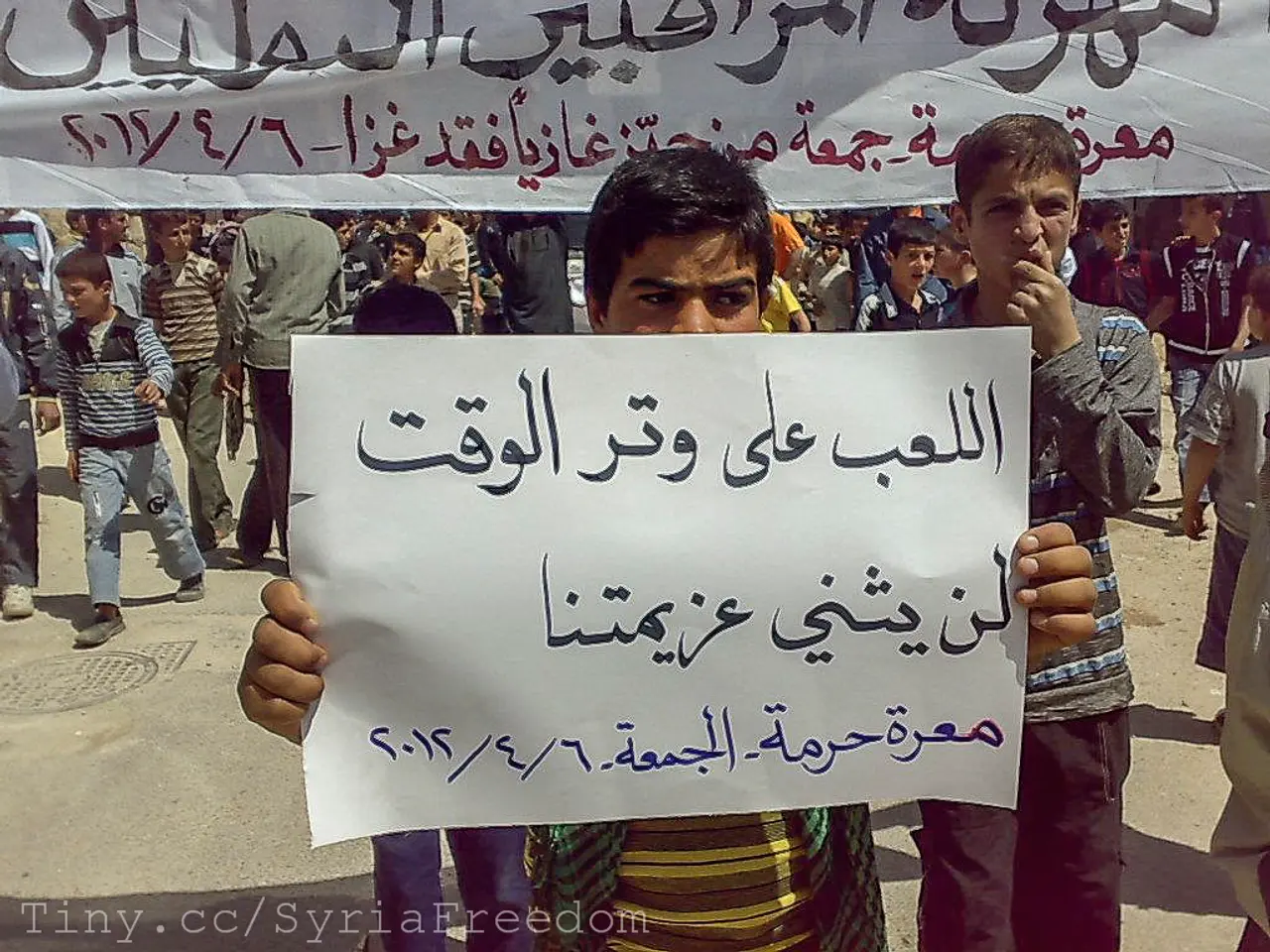Deadly demonstrations over increased fuel prices result in 22 fatalities and 200 injuries in Angola.
In the oil-rich nation of Angola, widespread protests have erupted, leading to significant casualties, arrests, and social unrest. The protests, which began as a peaceful taxi strike, were triggered by a government decision to raise diesel prices by over 30%.
The initial strike, organized by the National Association of Taxi Drivers of Angola, was aimed at protesting the fuel price hike, which directly affected public transport fares. Minibus taxis increased charges by up to 50%, causing a profound impact on urban mobility and living costs. However, authorities banned the protest, labelling it a rebellion, and deployed police forces to disperse demonstrators.
The violent crackdown transformed the situation into broader riots involving looting, vandalism, and road blockades. As anger over fuel prices grew, it morphed into a wider expression of frustration with poverty, government failure, and the long-standing one-party rule by the MPLA.
The government's response included deploying the army to restore order and arresting many demonstrators. Although President João Lourenço's office acknowledges some casualties and injuries, it has downplayed the scale of unrest. Human Rights Watch and other observers have criticized the excessive use of force by police against largely peaceful demonstrations earlier in the month.
The protests, which started around late July 2025, have primarily occurred in the capital, Luanda, and spread to at least six other provinces, including Huambo, Malanje, and Benguela. Among the dead was a police officer, and over 1,200 people have been arrested for alleged involvement in rioting, looting, and attacks on security forces. Hundreds more have been injured.
The Angolan government, ruled by the MPLA since independence from Portugal in 1975, has been accused of suppressing dissent with heavy-handed tactics. The persistence of protests highlights growing dissatisfaction with escalating living costs and poor public services, signaling historic lows in public support for the MPLA ahead of upcoming elections.
References:
- BBC News
- Reuters
- Al Jazeera
- The Guardian
- Human Rights Watch
- Amidst the political unrest in Angola, various news outlets, such as BBC News, Reuters, Al Jazeera, and The Guardian, have covered the widespread protests, offering insight into the tensions arising between the government and citizens.
- Beyond local politics and business matters, international organizations, like Human Rights Watch, have weighed in on the situation, condemning the use of excessive force by authorities during the protests and raising concerns about civil liberties and human rights violations.
- As the protests, initially sparked by the controversial increase in diesel prices, have evolved into a general expression of dissatisfaction with the MPLA government, they have also touched on key topics in the world of history, with citizens looking towards a future outside of the long-standing one-party rule.
- Additionally, the ongoing protests in Angola have also impacted the field of science, with researchers analyzing factors contributing to social unrest and evaluating potential solutions to mitigate future crises of this nature. This research could offer valuable insights for other nations facing similar challenges related to fuel prices, government policies, and the wellbeing of their citizens.







